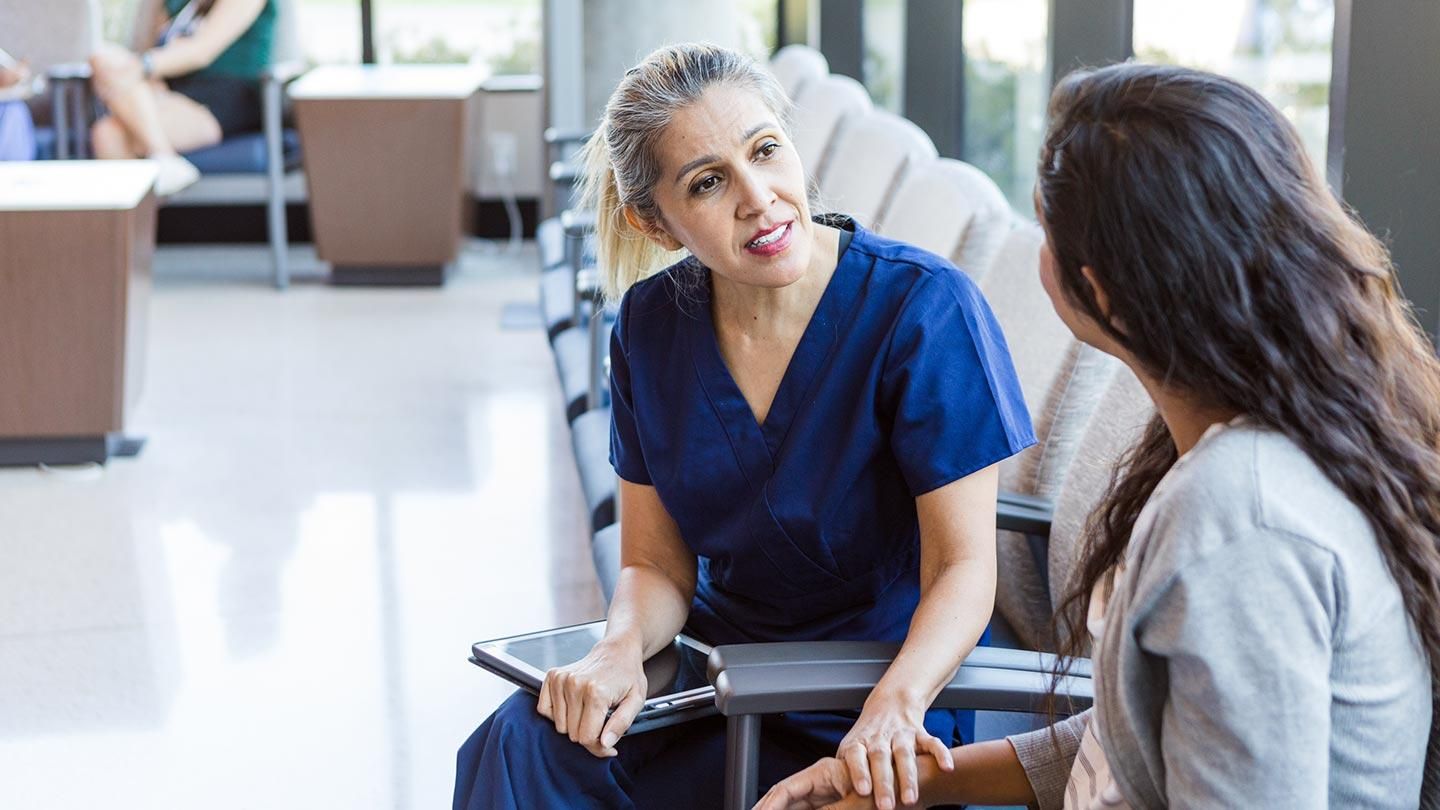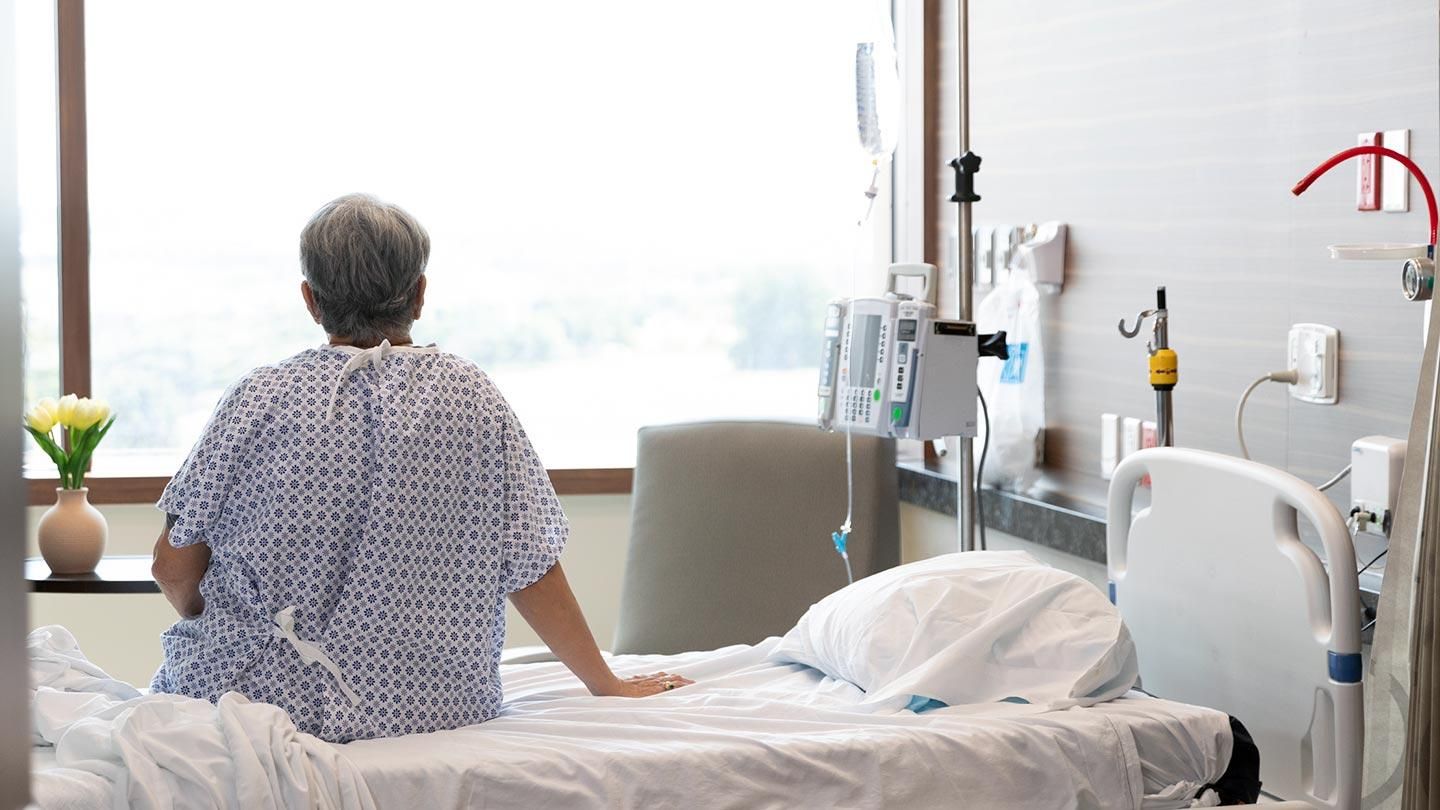
Hospital readmissions are costly and can be dangerous for patients. In fact, according to the Centers for Medicare & Medicaid Services (CMS), hospital readmissions cost the United States healthcare system more than $26 billion in 2015. Patients and caregivers need to be aware of the top reasons hospital readmissions happen, so they can take steps to prevent them.
1. Patients Not Following Discharge Instructions
Patients who undergo surgeries like hip replacements or heart surgery are often given a list of discharge instructions to follow. These instructions may include caring for the surgical site, when to start physical therapy, and what medications to take. Unfortunately, many patients do not follow these instructions correctly or fail to adhere to them altogether, which can lead to complications and eventually readmission into the hospital.
One way to prevent this is to have a care plan before the patient is discharged. This care plan should include detailed instructions on what the patient needs to do after leaving the hospital and follow-up appointments with their doctor or surgeon.
2. Medication Issues
Medical errors related to medications are the second most common cause of hospital readmissions. These include:
- Patients not taking their medications as prescribed
- Adverse reactions to medications
- Interactions between different medications
To avoid these issues, patients should keep track of all the medications they are taking and their dosage instructions.
3. Fall Injuries
Patients 65 and older are more susceptible to falls due to frailty, chronic conditions, and multi-drug regimens. Among hospital patients, falls are the most common cause of injury and account for maximum visits to the emergency room each year.
Preventing falls starts with a comprehensive assessment of the patient’s fall risk factors upon admission to the hospital. Patients are monitored for changes in their fall risk status, and interventions are implemented accordingly.
Many strategies can be employed to prevent falls, such as:
- Use of nonslip footwear
- Installation of grab bars in the bathroom
- Use of a bed alarm
- Use of a chair alarm
- Supervision when ambulating
- Proper lighting throughout the hospital room and bathroom
4. Post-surgical Complications
These include wound infections, pneumonia, sepsis, and urinary tract infections (UTIs). All of these can lead to a patient being readmitted to the hospital.
Preventing post-surgical complications starts with proper wound care. This means keeping the wound clean and dry. The patient should also follow up with their doctor as instructed.
For example, UTIs can be prevented by drinking plenty of fluids and urinating frequently. Patients should also wipe from front to back after using the restroom.
Pneumonia is another common complication that can occur after surgery. This is why patients need to practice deep breathing exercises and cough regularly.
5. Demographic Conditions
The location, climate, and poverty rate of a patient’s home can all lead to higher readmission rates. Patients who live in rural areas or poor urban neighborhoods are more likely to be readmitted than those with suburban or upper-class backgrounds. This is due to a lack of resources and knowledge about adequately taking care of oneself after being discharged from the hospital.
Some ways to combat this include:
- Educating patients on how to take care of themselves post-discharge properly
- Make sure that patients have access to the resources they need to recover properly
- Providing transportation for patients who do not have their means of getting around.
Guideway Care has the best HRRP plan to avoid unnecessary readmissions. Our expert team will help you every step of the way to make a full and speedy recovery.


